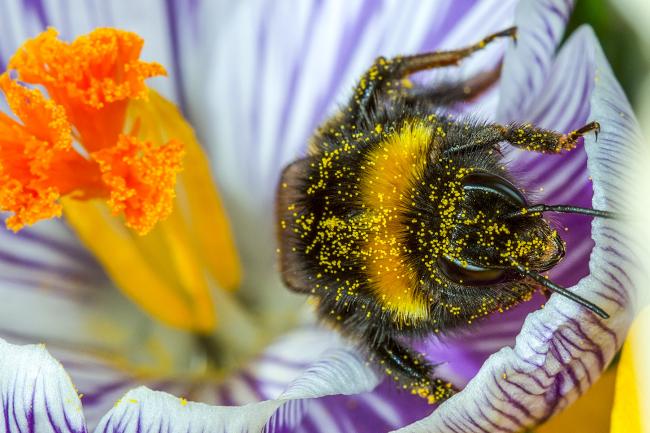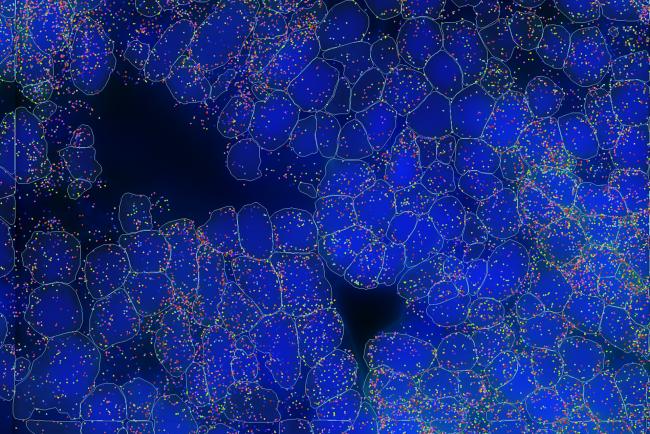Biography
As Group Leader of Evolutionary Genomics, my current research interests focus on characterising functional non-coding sequences and the evolutionary constraints acting on these elements across many species.
Another significant part of my research involves the identification and characterisation of the implication of variation on gene and transcript expression across scales from species, to populations, to individuals, and from tissues to single cell. I use comparative genomics approaches to quantify the action of selection acting on non-coding elements, with a strong focus on the patterns of sequence variation among populations.
Previous to the Earlham Institute, I joined the MRC FGU (Oxford), being involved in multiple genome projects (Coelacanth, painted turtle, cichlids) and studying the evolution of long non-coding RNAs in multiple eukaryotes.
Before this, I started a postdoctoral position at McMaster University (Hamilton, Ontario) studying F1 hybrid sterility and the evolutionary patterns of rapidly diverging coding sequences. There, I transitioned from wet lab biology to computational biology expanding my interests in comparative genomics and the evolution of repeated sequences.
I completed my PhD in population genetics and speciation in Drosophila from the University of Paris VI.












